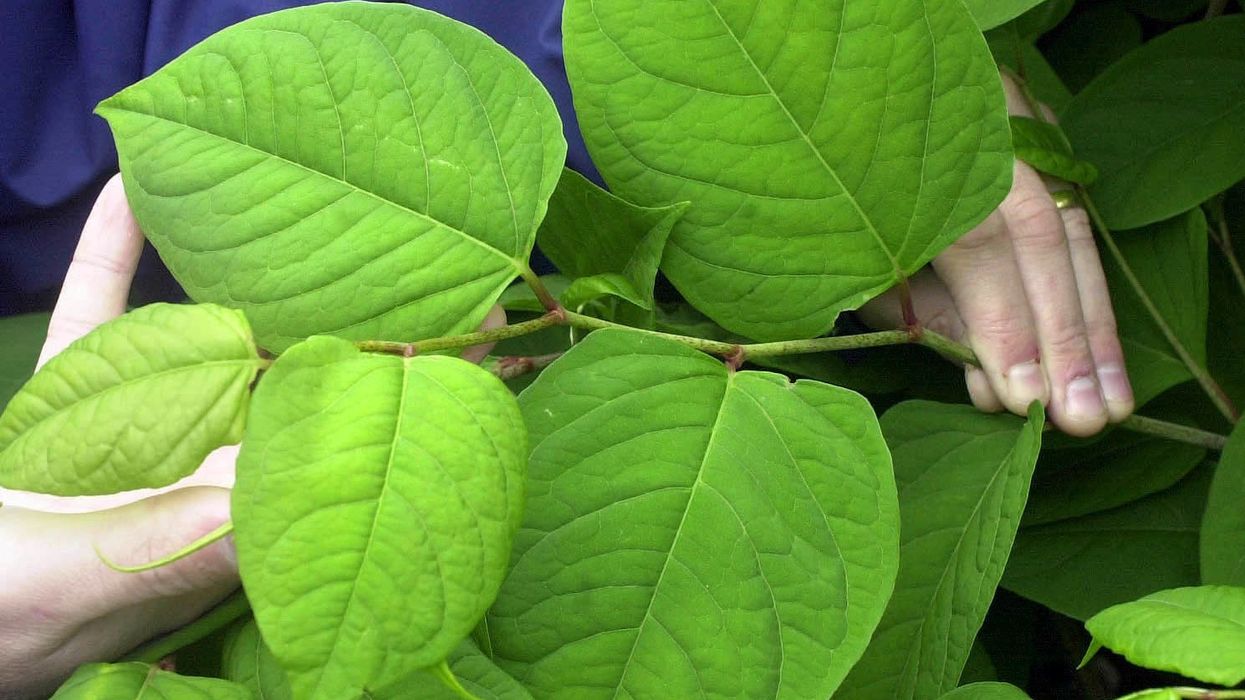Japanese knotweed is most common invasive plant - how to stop it spreading as gardeners face £5,000 fines

Japanese knotweed is the most common invasive knotweed
|PA

Britons should beware of Japanese knotweed in their gardens
Don't Miss
Most Read
Japanese knotweed is an invasive plant that nobody wants to see at home.
Not only can it wreak havoc on properties, it can make a home more difficult to sell.
It is the most common of all invasive knotweed species in the UK so you very well may see it at home.
Homeowners must act to prevent it from going wild and causing a nuisance and they could face fines up to £5,000 for failing to do so.

Gardeners can face huge fines for letting it spread
|PA
What does it look like?
Japanese knotweed typically stems around 2m tall.
Homeowners should look out for large, triangular leaves with truncate bases.
How to get rid of it
Those with Japanese knotweed do not need to dispose of it, but they are legally required to stop it from spreading.
Using approved chemical herbicides is a good way to stop it from spreading, Gov.uk explained.
Homeowners will need to regularly respray to fully target the weed.
It can also be buried, although it is important to let the Environment Agency know a month before doing this.
Homeowners can burn Japanese knotweed to stop the spread. The Environment Agency must also be informed if this is happening.
LATEST DEVELOPMENTS

Gardeners should stop the spread if they find it in their garden
|PEXELS
Britons should only target the weed if they have the appropriate equipment and know-how.
Professionals are available to help stop the spread of this.
There are lots of tasks homeowners should do to maintain a healthy garden, including lawn care.
Some gardening jobs should be done now to keep the garden looking its best in the autumn and winter.










